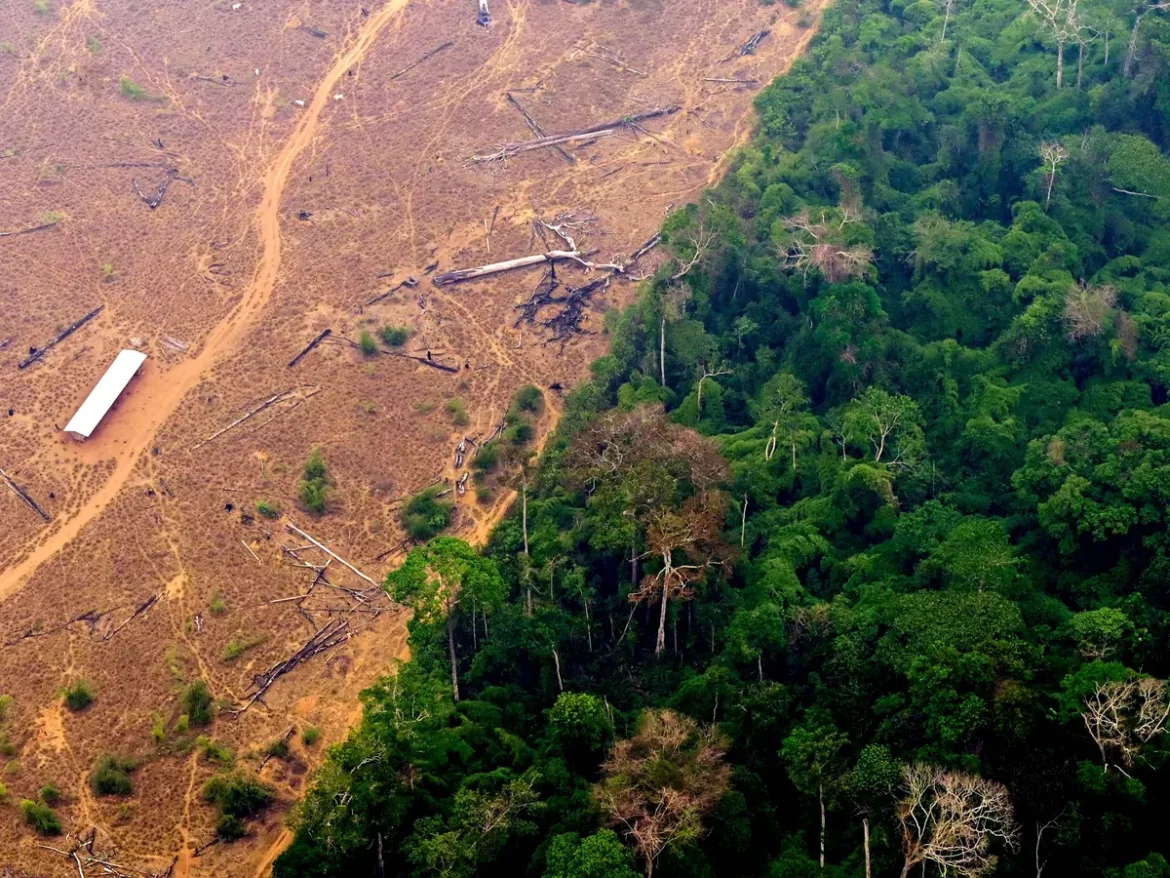Brazil’s environment minister, Marina Silva, has said that deforestation in the Brazilian Amazon fell by at least 60% in July compared to the same month last year.
In the first six months of the year, deforestation in the Brazilian Amazon fell by 34%, compared to the same period last year, according to the Deter satellite alert system. The figures for July, which is a more revealing month as it usually marks the onset of the clearance season, are still being collated, but Silva said they would show a significant improvement of “at least 60%” since the same period last year.
According to reports, the good news comes ahead of a regional summit that aims to prevent South America’s largest biome from hitting a calamitous tipping point. The exact figure, which is based on the Deter satellite alert system, will be released in the coming days, but independent analysts described the preliminary data as “incredible” and said the improvement compared with the same month last year could be the best since 2005.
The wins currently being recorded highlights the importance of political change. Recall that a year ago, the Amazon suffered one of the worst cutting and burning seasons in recent history under the far-right then president, Jair Bolsonaro.
However, since a new administration led by Luiz Inácio Lula da Silva took power at the start of the year, the government has penalised land grabbers, mounted paramilitary operations to drive out illegal miners, demarcated more indigenous land and created more conservation areas.
The results will bolster Lula, Marina and other Brazilian hosts of an Amazon summit designed to strengthen regional cooperation that will take place in Belém on 8-9 August with the participation of eight rainforest nations: Brazil, Colombia, Bolivia, Peru, Ecuador, Venezuela, Guyana and Suriname, according to reports.
Silva was quoted as saying ha the acute threat of the climate crisis, which has brought record heat to many South American countries, meant the summit had to be more than a show of unity; it needed to produce concrete and continuous results to ensure the Amazon did not reach a point where it starts to dry up and die off, which scientists have warned is drawing closer.
She has proposed that each country produces an action plan, that they jointly create a scientific panel to keep them updated with the latest data, and that they share best practices to achieve the three goals of the summit: protection of the forest and traditional peoples, and to combat inequality and strengthen democracy.
She said that the key to the improvement in Brazil, which is home to 60% of the Amazon had been a strong target.
“The main reason is the decision of Lula to aim for zero deforestation. Since then, we have created new conservation units and indigenous territories that have produced some results … Now we need to move towards a new model of prosperity that is less predatory, less damaging to local people and the forest.”
Story was adapted from the Guardian.
